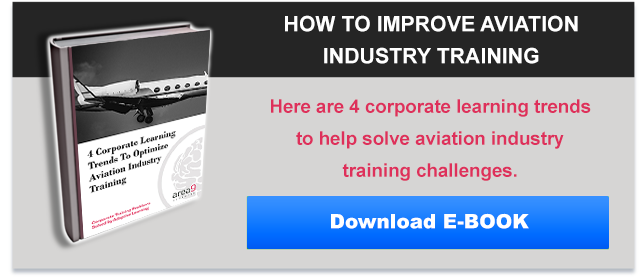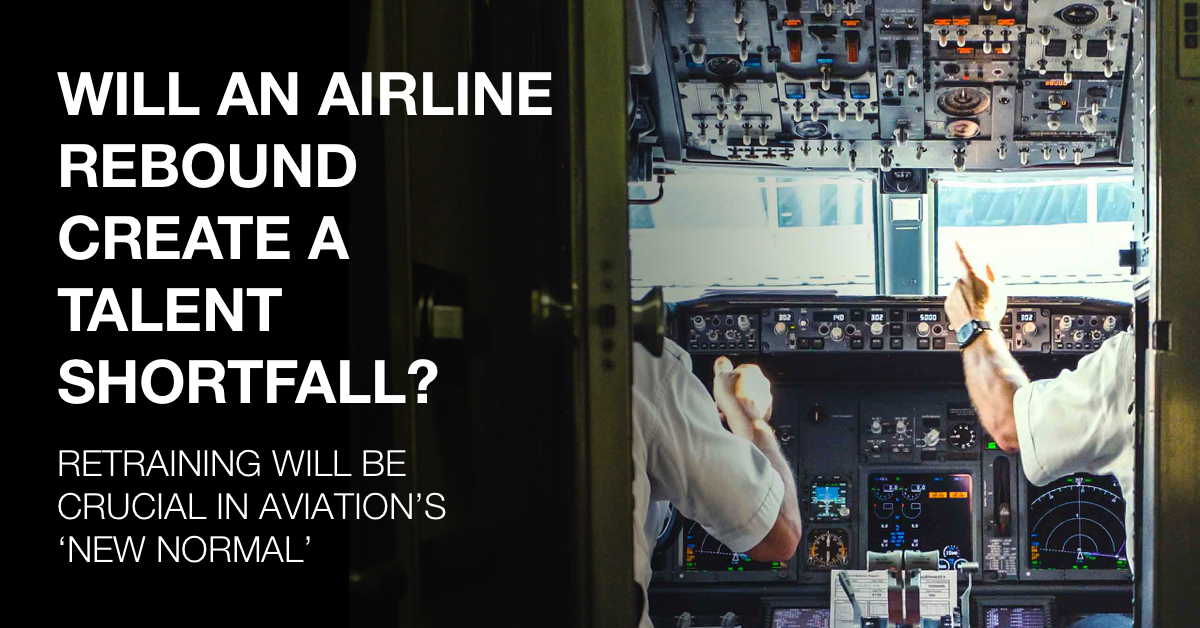For years, the aviation industry has used AQP to train pilots and flight instructors, with exceptional results: even though air traffic has increased, the number of accidents continues to decrease. But just as the industry continues to innovate and evolve, so too must the tools and methods of training, in order to keep pilots, crews, and passengers safe in the skies.
Adaptive Learning provides personalized e-learning at scale; here’s how it improves training for pilots, crew, and flight instructors.
Adaptive Learning Personalizes Flight Training
Traditionally, e-learning attempts to take a one-size-fits-all approach to training, but it fails. Instead, it provides a one-size-fits-none experience. E-Learning fails because it cannot personalize learning for individual learners. But Adaptive Learning uses the ‘biological model’ to adjust to the needs of individual pilots, flight crew, and instructors, so that each one receives a personal learning experience that focuses on correcting their areas of difficulty to achieve mastery.
Adaptive Learning Trains at Scale
Traditional e-learning struggles to meet the various training needs of pilots, crew, or instructors with its one-size-fits-none approach. However, the Adaptive Learning experience allows the adaptive engine to deliver personalized training at scale. Regardless of the roles individuals play in the operations of an airline, Adaptive Learning brings each person to mastery.
Adaptive Learning Offers the Potential to Train Pilots, Crew, and Instructors Faster
Adaptive Learning trains up to 50% faster than traditional e-learning platforms. And it optimizes training because Adaptive Learning uses formative assessment. Referring to the ongoing evaluation of learners’ knowledge conducted during the learning process, formative assessment is used to:
- identify learners’ prior knowledge — and their confidence in that knowledge
- modify learning activities in real-time to improve learner mastery of course content
Formative assessment allows the adaptive engine to adjust learning resources to meet the individual needs of pilots, crew, and instructors. This ensures learners are never exposed to content they have already mastered, and that learners can focus only on the content they need to reach proficiency. This approach to training saves time and could help pilots, crews, and instructors get back to what they do best: flying, or assisting with flights.
Adaptive Learning Provides Better Data
Much of today’s aviation training takes place through costly face-to-face training or through newsletters or bulletins that are sometimes left unread. Face-to-face training is a necessity in this industry, and newsletters and bulletins offset the costs of in-person training. But if we don’t understand the metrics of the training, there is no way to truly know how effective training is either in-person or through bulletins.
While AQP collects data on pilot performance, it relies on a pass/fail metric, which cannot differentiate between a pilot or instructor who has achieved mastery, or one who barely passed the course. The adaptive engine collects data on individuals throughout their interactions with the course and can provide in-depth data on individual and company-wide performance. The adaptive engine goes beyond a pass/fail metric to help pilots, crew, and instructors achieve mastery.
Unconscious Incompetence in Pilots, Crew, and Instructors
Unconscious incompetence is not knowing that you don’t know something. Data collected by Area9 shows every employee can be unconsciously incompetent as much as 15–40% in critical competencies they are required to master in order to perform their jobs. When pilots, crew, or instructors perform a task incorrectly but aren’t aware they’re doing it wrong, it’s easy to imagine how much of a liability unconscious incompetence can be. But Adaptive Learning can help to reduce the risk of unconscious incompetence.
Adaptive Learning uses the biological model to adjust to the individual needs of employees, and formative assessment to uncover and correct unconscious incompetence in all employees.
Adaptive Learning Can Complement AQP, Simulation, and In-Person Training
Adaptive Learning doesn’t seek to replace all simulation or face-to-face training, or the good work that AQP has done for the industry. But it offers the change to enhance all of the training already in place, and to replace some of it.
AQP provides innovative, flexible, data-driven training that Adaptive Learning seeks to optimize by providing better outcomes and more granular data through a personalized learning experience.
In-class and simulation training require pilots and instructors to travel to centralized locations costing them them travel time — and time away from their jobs. Adaptive Learning optimizes these training techniques by:
- Being accessible through mobile technology, allowing pilots to learn supplementary information on their own schedules
- Providing blended learning options that combine face-to-face learning and e-learning to optimize the impact of in-class time
Adaptive Learning Is the Next Step in Aviation Training
To learn more about how Adaptive Learning will positively impact the industry, download this e-book, 4 Corporate Learning Trends to Optimize Aviation Industry Training.
References: https://www.agcs.allianz.com/insights/expert-risk-articles/how-aviation-safety-has-improved/;







